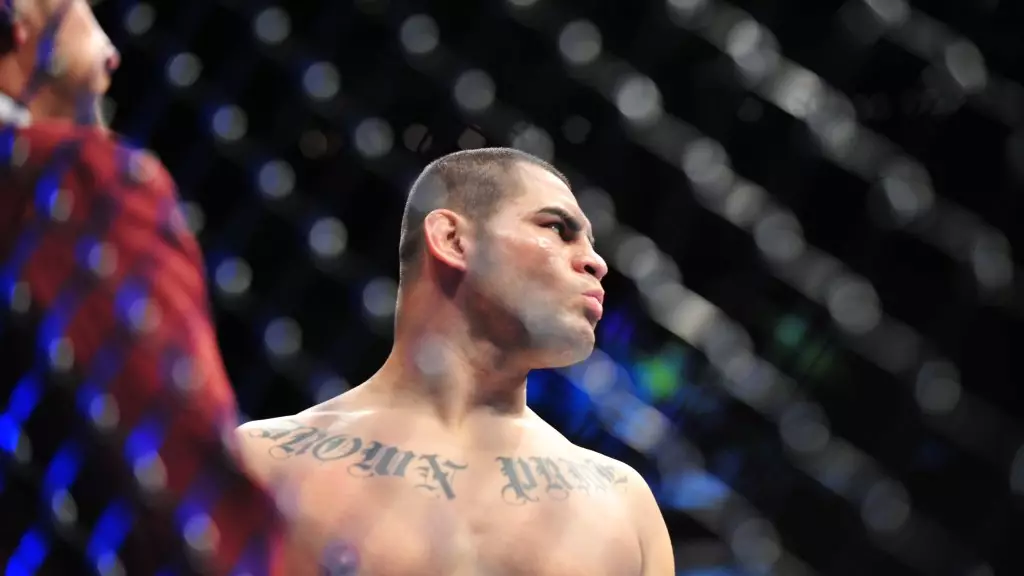The legal saga surrounding former UFC heavyweight champion Cain Velasquez continues to evolve as his sentencing has been postponed until 2025. This recent development occurred during a hearing at the Santa Clara County Hall of Justice, where the court officially announced that the matter will be deferred to early next year. While no new date has been established, this delay raises several questions regarding the ongoing legal implications for Velasquez and the wider impact on both his personal life and the scrutiny it attracts from the mixed martial arts community.
Velasquez faces an extensive list of serious charges, including attempted murder, multiple counts of assault with a firearm, and willfully discharging a firearm from a vehicle. These allegations stem from a harrowing incident nearly two and a half years ago, during which Velasquez allegedly pursued and fired at Harry Goularte, a man accused of molesting Velasquez’s young son. Initially, Velasquez pleaded not guilty, a position many expected from someone of his stature and reputation. However, the dramatic shift in his plea to no contest this past August suggests a strategic decision, possibly influenced by the weight of the evidence against him.
This change in plea can be indicative of several factors, including the desire to limit potential sentencing or to move past the legal entanglements that have undoubtedly consumed both his mental and emotional well-being.
The emotional toll on Velasquez, as well as on his family, cannot be understated. The pursuit of justice for one’s child can quickly spiral into a chaotic and tragic situation, especially when a public figure such as Velasquez is involved. The stakes are high—not only in terms of legal repercussions but also in how this incident impacts the way he is perceived by fans and the broader public. The high-profile nature of this case has placed an intense spotlight on both Velasquez and Goularte, complicating the already sensitive circumstances.
In parallel, Goularte himself is facing severe ramifications, including felony charges that could significantly alter his life. With a trial setting scheduled for later this fall, the circumstances surrounding the charges levelled against him are likely to garner further public interest, especially from those who remain invested in both the Velasquez case and the justice process.
Adding another layer of complexity, the Velasquez family has initiated a civil lawsuit against Goularte and his associates. This legal action shows a commitment to holding accountable those they believe have wronged them on multiple levels—the emotional, psychological, and now financial. It brings into focus the concept of accountability, particularly in cases involving abuse and family safety.
As the wheels of justice slowly turn concerning Velasquez’s case, advocates for victims of abuse will likely watch closely, hoping for outcomes that catalyze meaningful conversations about safety and accountability within communities.
While the postponement of Velasquez’s sentencing adds further layers of uncertainty, it also emphasizes the need for understanding the broader dimensions of this situation. The lives impacted extend beyond Velasquez, affecting families, communities, and the laws that govern them.

